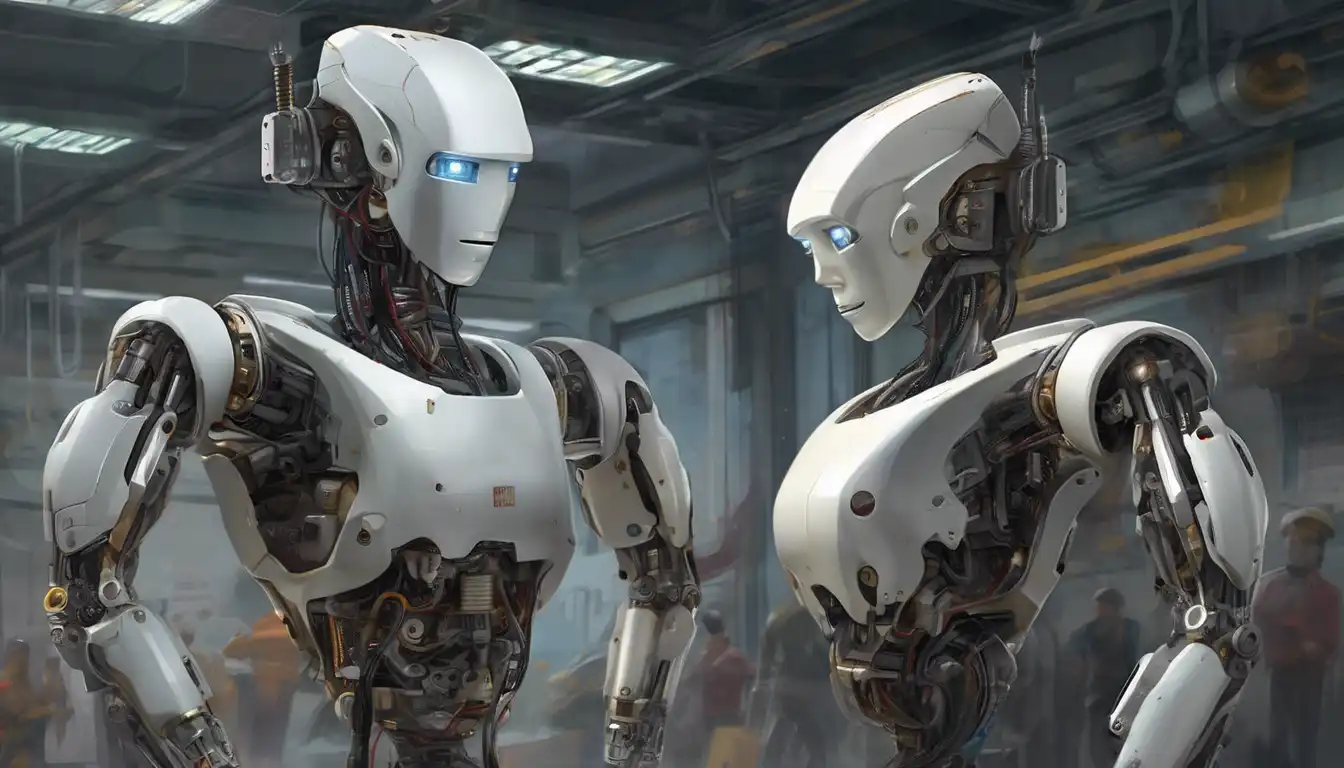The Moral Dilemmas of Autonomous Robots
In the rapidly evolving world of technology, autonomous robots have become a cornerstone of innovation. However, their rise brings forth a myriad of ethical questions that society must address. This article delves into the moral landscape of self-operating machines, exploring the balance between technological advancement and ethical responsibility.
Understanding Autonomous Robots
Autonomous robots are machines capable of performing tasks without human intervention. They are powered by artificial intelligence and machine learning, enabling them to learn from their environment and make decisions. While their potential to revolutionize industries is undeniable, it also raises significant ethical concerns.
Key Ethical Concerns
The deployment of autonomous robots introduces several ethical dilemmas, including:
- Accountability: Who is responsible when an autonomous robot causes harm?
- Privacy: How do we protect individual privacy in an age of surveillance robots?
- Employment: What is the impact of robots on human jobs and the economy?
- Autonomy: Should robots have the right to make life-and-death decisions?
Accountability in the Age of Autonomy
One of the most pressing issues is determining accountability. Unlike traditional machines, autonomous robots can make decisions independently, making it challenging to assign blame in the event of malfunctions or accidents. This necessitates the development of legal frameworks to address liability and ensure justice.
Privacy and Surveillance
Autonomous robots equipped with cameras and sensors can collect vast amounts of data, raising concerns about privacy. Ensuring that these technologies are used ethically requires strict regulations and transparency about data collection and usage.
The Future of Work
The integration of autonomous robots into the workforce could lead to significant job displacement. While they can increase efficiency and reduce costs, it's crucial to consider the societal impact and explore ways to mitigate negative effects on employment.
Ethical Decision-Making
Perhaps the most profound ethical question is whether autonomous robots should be allowed to make decisions that could affect human lives. This includes scenarios like self-driving cars making split-second decisions during accidents. Establishing ethical guidelines for these situations is essential to ensure that robots act in the best interest of humanity.
Conclusion
As autonomous robots become more prevalent, the ethical implications of their use cannot be overlooked. It is imperative for policymakers, technologists, and society at large to engage in ongoing dialogue to navigate these challenges. By addressing these ethical concerns head-on, we can harness the benefits of autonomous robots while minimizing their risks.
